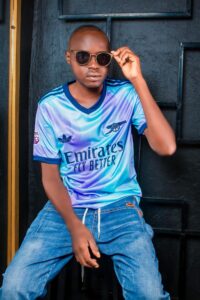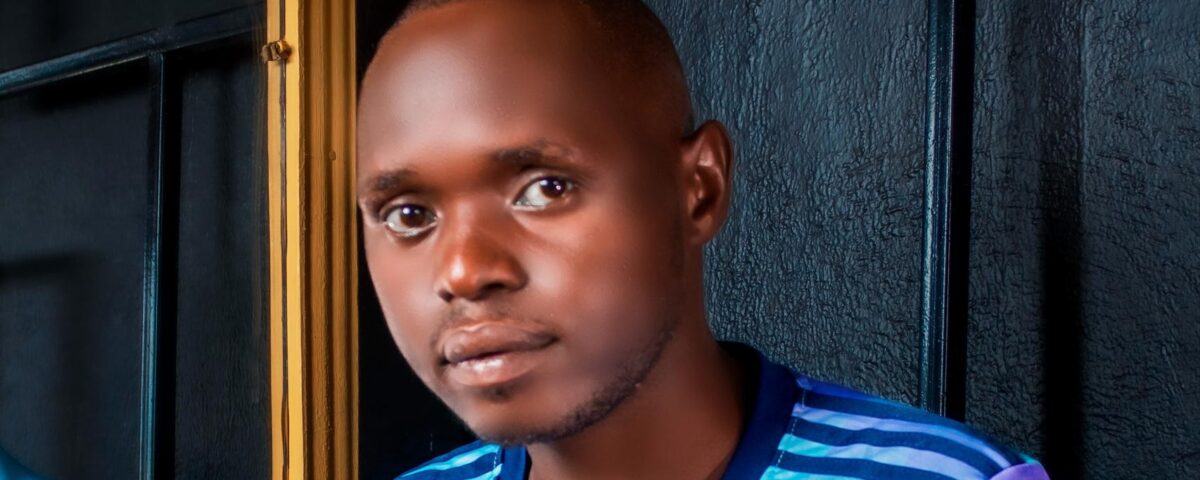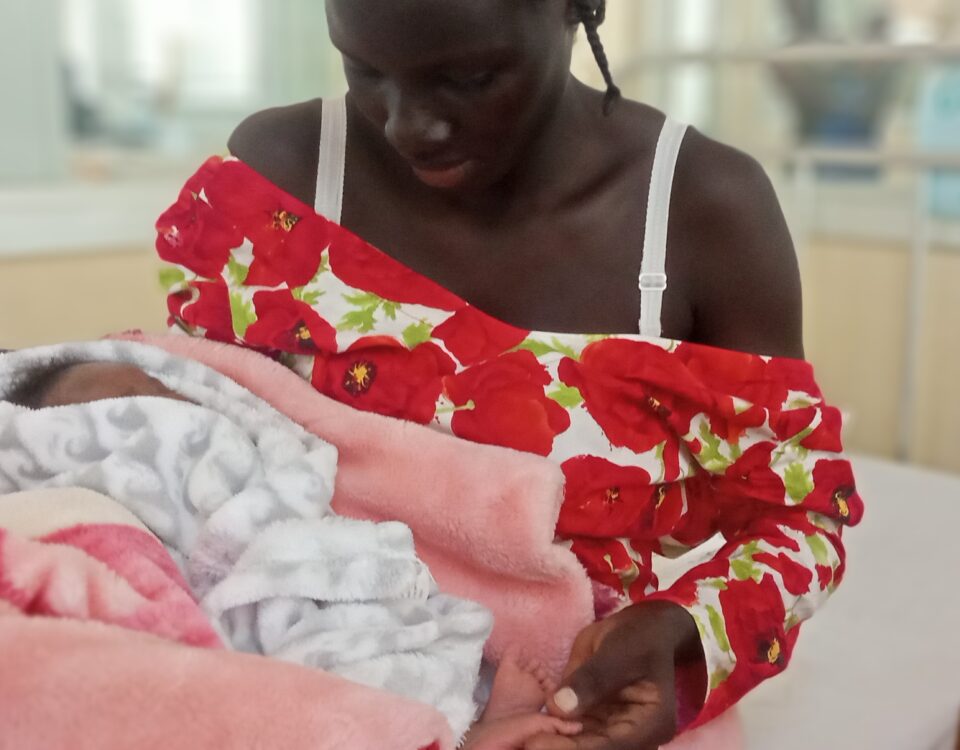As narrated by Mathew Musao (Elder brother of Rwothomio Hope)
It all began with a sudden collapse. My younger brother, Rwothomio Hope, fell on his way to the toilet. My wife called and explained that some boys had carried him to his room. Initially, I dismissed it; Hope had a history of drinking, and I assumed he was intoxicated. That night, however, I had a disturbing dream-he was fighting with an uncle. It seemed nonsensical then, but by morning, I saw it as an urgent warning.
I had an important 8 a.m. meeting that day, yet I remained in bed until 9 a.m. unusual for me. Then, the phone rang. “Hope is unconscious,” they said. I immediately rushed home, picking up a friend on my way to assist in transporting him to Kiryandongo Hospital. Even at home, the situation was downplayed: “He’s just drunk,” they insisted. “You’re wasting time.” Frustrated but resolute, I pressed on.
At the hospital, the staff responded swiftly. The Kiryandongo emergency team did everything they could. My brother was barely alive upon arrival at 10 a.m., and they fought valiantly to stabilize him, placing him on oxygen. But then came the emotional, spiritual, and medical descent.
My mother, who had been at the hospital all day, began to crumble. Her spirit was visibly breaking. Around 10 p.m., I left her and two aunts to rest at home. But just as I was drifting to sleep, a terrifying call came: “Hope’s condition has worsened—return immediately.”
Upon my return, I learned something deeply disturbing. A nurse, without tests, privacy, or sensitivity, declared to my mother and aunts that Hope wouldn’t survive, his organs were failing. She said this in front of him. He was unconscious, yet I knew he could sense the despair. Regardless of his consciousness, it was a cruel and insensitive way to deliver such news.
My mother was devastated, losing her composure. My aunt, sobbing uncontrollably, called me: “Come say goodbye,” she pleaded. “We’ve done all we can. “Then, a pivotal moment occurred. A hospital staff member, not even involved in Hope’s care, quietly pulled me aside. He looked me in the eyes and said, “If you want to save your brother’s life, request an immediate referral to Lacor Hospital.”
I felt it was divine intervention. I immediately contacted a trusted nurse friend who, despite not being on duty, came immediately. She examined Hope and confirmed his chance of survival, but only with immediate transfer: “He needs more care than this hospital can provide,” she stated.
I requested a referral, but there was no doctor on duty to approve it. We had to wait until morning. I made a decision then: I wouldn’t passively watch my brother die. Having lost a brother earlier in life, I couldn’t endure that again. I prayed fervently: “Lord, I don’t know what You’ve decided, but I won’t give up. I’ll do everything I can. The rest is Yours.”
The next morning, another miracle. A doctor friend, not even employed at Kiryandongo, arrived to assess Hope. Without hesitation, he wrote the referral. Without him, I don’t know how long we would have waited. (To protect the hospital’s reputation, I omit certain details from that process). I’m eternally grateful to that doctor and the timely ambulance driver. They were instrumental in saving my brother’s life.
Yet, not everyone supported my decision. Family members questioned the expense: “Why waste money? The doctors said he won’t make it.” But I was determined. I told my wife, “Just trust me and trust God.” Only one aunt believed in me, even providing financial support for the transfer meant everything. We journeyed to St. Mary’s Hospital Lacor.
Hope beyond Hope at Lacor Hospital
The difference at Lacor was very evident. A medical team rushed to greet us. Seeing Hope on oxygen, they sprang into action. The lead doctor was visibly angry-not at us, but at the system. Addressing the student nurses with us, he said: “If Lacor had been any further, this patient would have died. You don’t transfer someone like this with only oxygen and no food for days.”
He was right. I still don’t know what more could have been done at Kiryandongo, but the situation was critical. Yet, the doctor looked at me and confidently stated, “Whatever this is, he will pull through.” After nearly eight hours in the emergency room, Hope was transferred to the High Dependency Unit (HDU).
That same day, he opened his eyes. It was like witnessing a resurrection. He remained on oxygen, but daily improvements followed. We began feeding him; he responded. A wheelchair, then walking exercises, and finally-walking, talking, laughing, and joking on his own.
Hope’s life blossoms again.
 This experience profoundly changed me. I witnessed life’s fragility. One moment, someone is vibrant; the next, you’re praying for each breath. I also learned that family can become complacent in crisis. That’s when leadership, fighting spirit, and action are crucial, even when others give up. I learned the importance of silencing distractions, maintaining focus, and being steadfast in prayer. It’s not just faith; it’s faith in action. Sincere gratitude to the Medical team at Lacor Hospital. They brought hope where hope had vanished. His name, ‘Hope” saved him as well.
This experience profoundly changed me. I witnessed life’s fragility. One moment, someone is vibrant; the next, you’re praying for each breath. I also learned that family can become complacent in crisis. That’s when leadership, fighting spirit, and action are crucial, even when others give up. I learned the importance of silencing distractions, maintaining focus, and being steadfast in prayer. It’s not just faith; it’s faith in action. Sincere gratitude to the Medical team at Lacor Hospital. They brought hope where hope had vanished. His name, ‘Hope” saved him as well.



